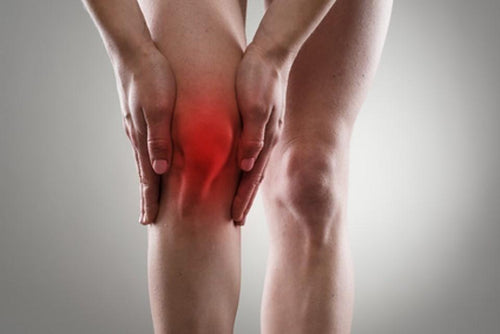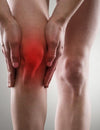When several studies including a total of 44004 participants were evaluated for the consumption of fruit and vegetables and their association of Alzheimer's disease and cognitive decline, this is what the researchers found (Loef M, Walach H, 2012).
Most of the studies found that higher consumption of vegetables, but not fruit is associated with a decreased risk of dementia or cognitive decline. 
Is there anything specific in vegetables that seem to be more important? The author of this article also stated the following (Johnson EJ, 2012). An examination of centenarians found a relationship between cognition and lutein and zeaxanthin concentrations in the brain tissue.
Zeaxanthin concentrations in brain tissue were significantly related to cognitive function, memory retention, verbal fluency, and dementia severity after adjustment for age, sex, education, hypertension, and diabetes.
Lutein concentrations in the brain were significantly lower in individuals with mild cognitive impairment than in those with normal cognitive function. Another study also mentioned in this article found that supplementation with 12 mg a day of lutein by itself or in combination with 800 mg of DHA daily for 4-months, in a double-blinded, placebo-controlled trial with older women provided benefits.
Verbal fluency scores improved significantly in the DHA, lutein, and combined-treatment groups. Memory scores and rate of learning also improved significantly in the combined-treatment group.
What kind of vegetables contains the highest amount of zeaxanthin and lutein? Kale is on top with spinach second. Put some in your salad and cook some and add it to your dinner.
References
Johnson EJ. A possible role for lutein and zeaxanthin in cognitive function in the elderly. Am J Clin Nutr. 2012 Nov;96(5):1161S-5S.
Loef M, Walach H. Fruit, vegetables and prevention of cognitive decline or dementia: a systematic review of cohort studies. J Nutr Health Aging. 2012 Jul;16(7):626-30. Review.

Based on the most effective scientific strategies, this program was created to help you reduce inflammation and feel great.





